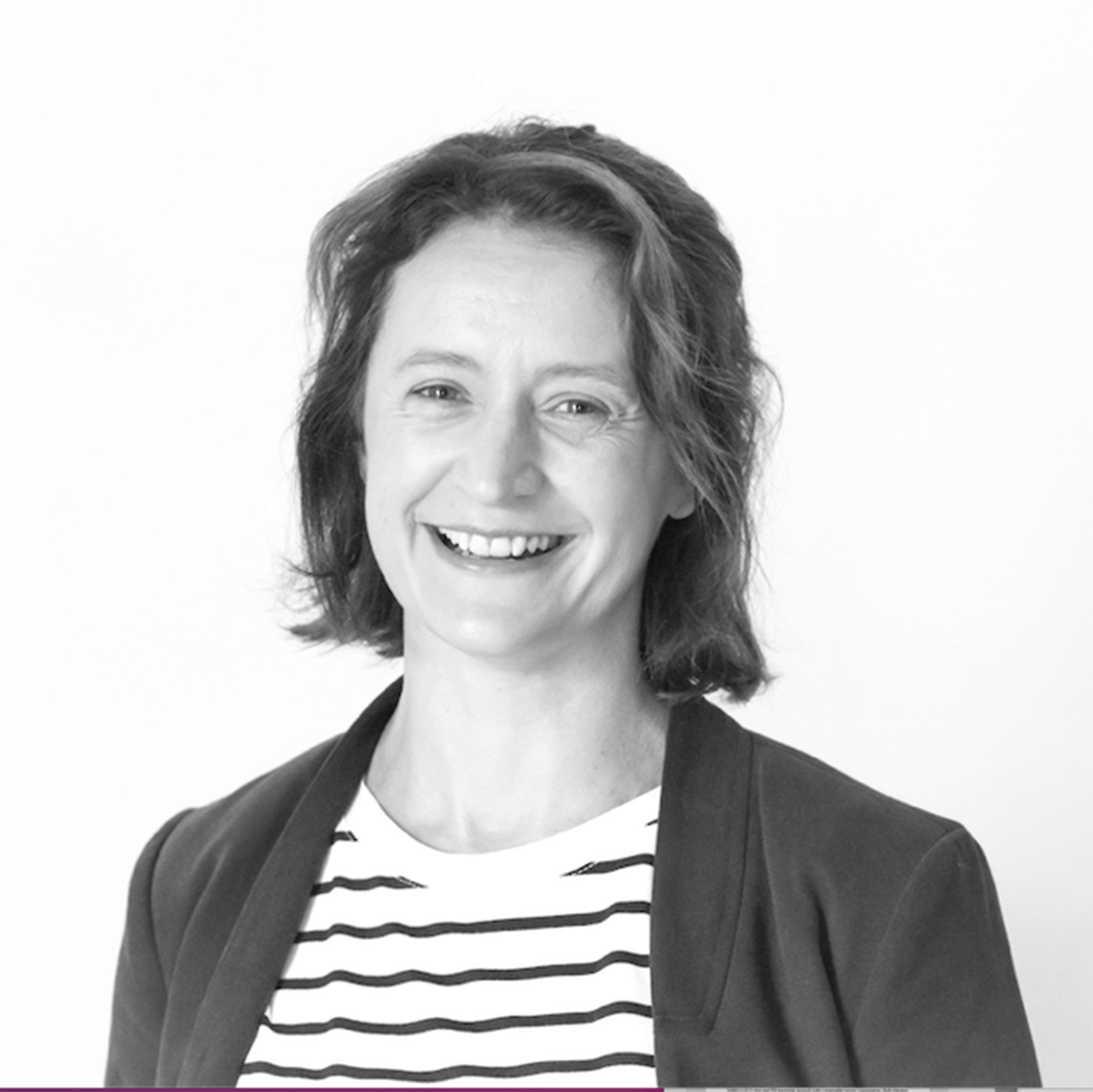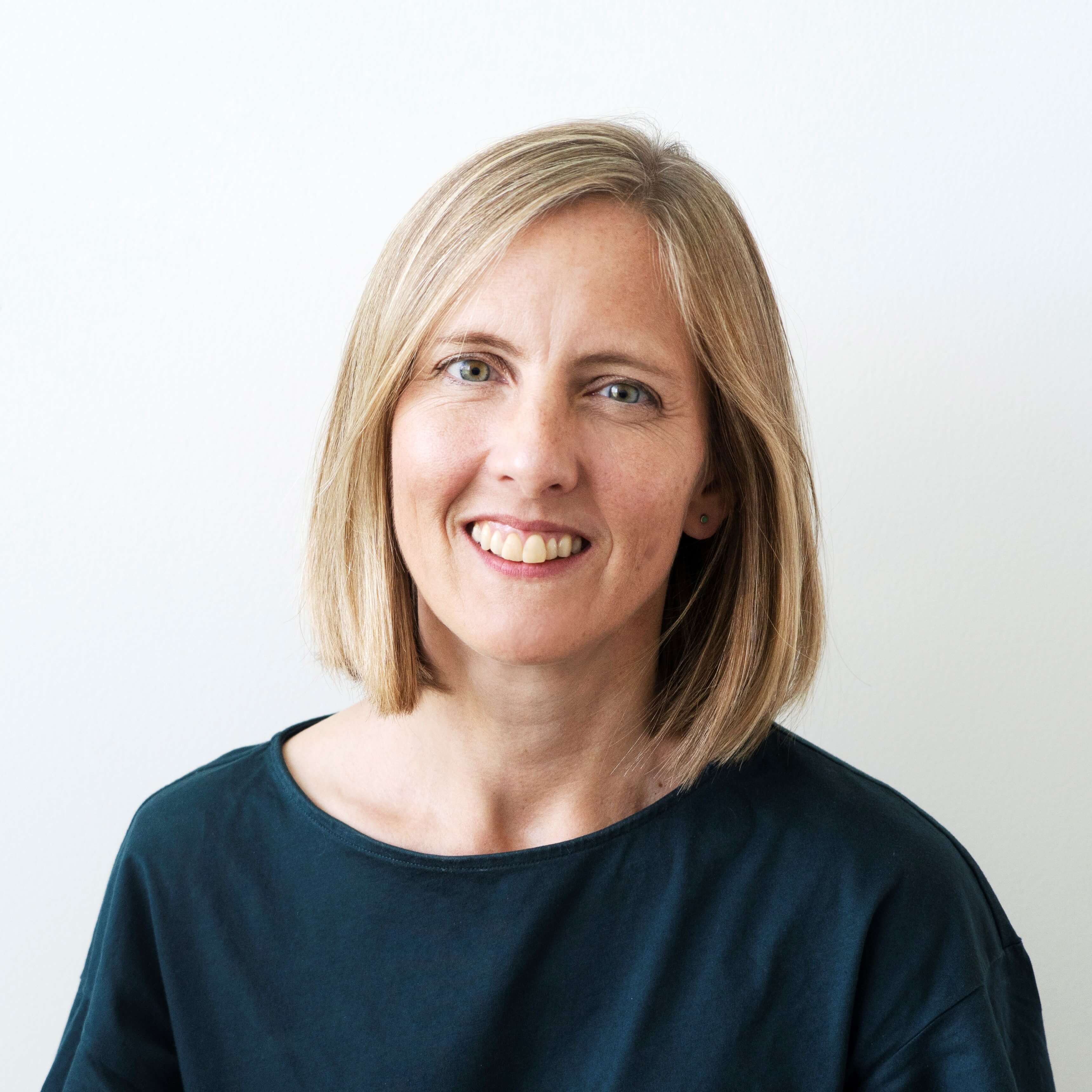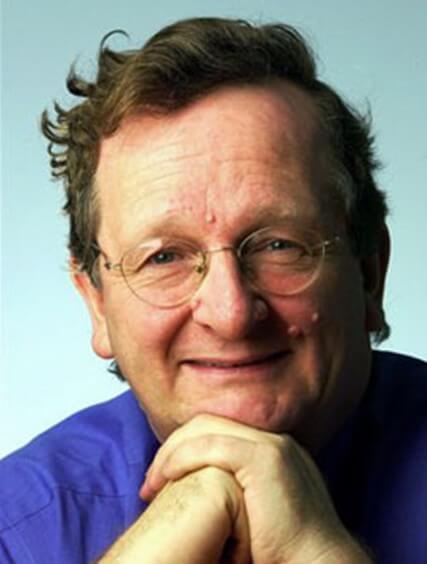Meet the Programme Board
The Programme Board is a group of elected individuals who oversee the portfolio of activities related to Pandemic Preparedness (PP), on behalf of the Academy’s Trustee Board, International Committee and DSIT. The Chair of the Programme Board is Professor Peter Guthrie.
The purpose of the Board is to provide strategic direction and clear objectives to guide the delivery of the Pandemic Preparedness activates. Each member brings a wealth of expertise and experience relevant to the mission and provides linkages, knowledge, opportunities and helps identify potential risks.
Professor Peter Guthrie (Chair)
Peter Guthrie was the first Professor in Engineering for Sustainable Development in the UK, taking up this post at the University of Cambridge in 2000. Prior to that he was in consultancy for over 25 years. His research is focused on resilience of infrastructure, the assessment of large scale projects for sustainability, and energy efficiency in buildings. A civil engineer, Peter has worked in countries such as Nigeria, Malaysia, Lesotho, Sudan, Philippines, Ethiopia, and Botswana, and on major infrastructure projects such as London 2012, Channel Tunnel Rail Link, Conwy Tunnel, major airports, and building projects.
He is currently leading research consultancy for Arup on the Resilience Shift, funded by Lloyd’s Register Foundation, and is Director of Studies on the Construction Engineering Masters Course at Cambridge. Peter is a Vice-President of the Royal Academy of Engineering, and is currently leading work on Pandemic Preparedness and on Infection Resilient Environments. Peter is founder and Vice-President of the charity RedR Engineers for Disaster Relief.

Professor Rebecca Shipley OBE FRSA
Professor Rebecca Shipley’s multidisciplinary research programme focuses on mathematical and computational modelling in medicine and biology, spanning tissue engineering, cancer and human physiology. Her approach integrates models, biological experiments, imaging and patient data to better understand health and disease and develop diagnostic and therapeutic strategies. Becky co-founded the UCL Centre for Nerve Engineering to tackle nerve injury repair. She is Director of the UCL Institute of Healthcare Engineering and Non-Executive Director at the Royal National Orthopaedic Hospital NHS Trust.
During the COVID-19 pandemic, Becky co-led the UCL-Ventura programme to design and mass-manufacture 10,000 non-invasive breathing aids. The devices have been deployed across the NHS and in over 30 countries worldwide.

Professor Cindy Smith
Cindy Smith is Professor of Environmental Microbiology, James Watt School of Engineering, University of Glasgow. Her research sits at the interface of environmental engineering and microbiology where she applies her expertise and extensive knowledge of state-of-the-art molecular approaches and microbial processes in the natural environment and engineered systems to develop sustainable water treatment solutions. Currently, she holds a Royal Academy of Engineering-Scottish Water Research Chair in
‘Biofiltration by Biological Design’. The focus of this fellowship is to deliver sustainable low-cost, low-energy, drinking water treatment solutions for rural Scotland and beyond, by harnessing and directing natural microbial processes to developed enhanced biological treatment of water.

Dr Louise Thwaites
Louise Thwaites is a Senior Clinical Researcher and member of the Emerging Infections group at the Oxford University Clinical Research Unit, Ho Chi Minh City, Vietnam. Her work focuses on improving care of critically ill patients in resource-restricted settings, in close collaboration with the Hospital for Tropical Diseases, Ho Chi Minh City. She is an Associate Professor in the Centre for Tropical Medicine and Global Health at the University of Oxford, Vietnam lead for Critical Care Asia ICU Network and leads the Guidelines & Policy working group of the Asia Pacific Sepsis Alliance. Her current role in the VITAL project involves developing new devices and technologies for use in diagnosis, treatment and rehabilitation following diseases such as tetanus, sepsis and dengue.

Dr Mike Short CBE FREng
Dr Mike Short is the Chief Scientific Adviser to the Department of International Trade. He leads the science and engineering profession in the department and ensures its policy is informed by the best science, engineering and technical advice. He advises on the technical aspects of future trade deals as DIT looks to create new arrangements following Brexit, and works with the UK’s research, development and academic communities to boost scientific and engineering exports.
Mike has over 40 years’ experience in electronics and telecommunications and served as Vice President of Telefonica, the parent company of the O2 mobile phone network, for 17 years to December 2016. In this post, he managed the launch of 2G (GSM) and 3G mobile technologies in the UK, and led research and development for Telefonica Europe. His career also includes the promotion of international technical standards in mobile technology, and he is also a former Chairman of the Global GSM Association, the UK Mobile Data Association, and president of the Institution of Engineering and Technology.
Dr Mike Short is also a member of the RAEng International Committee.

